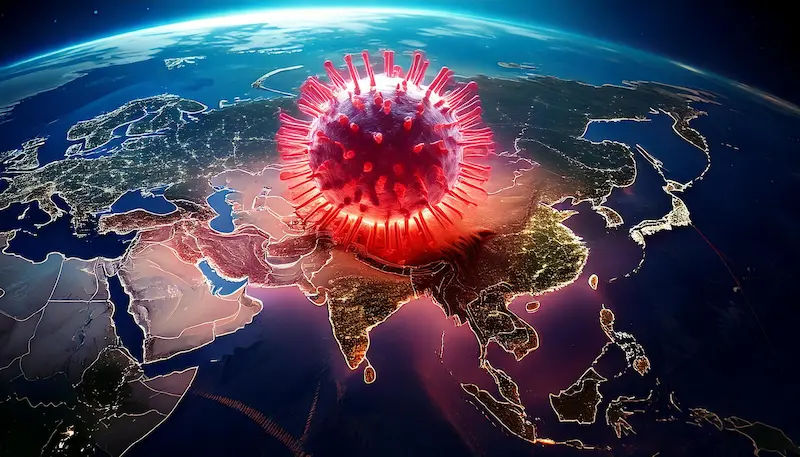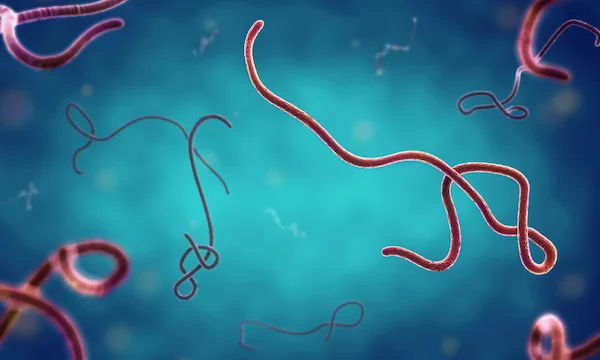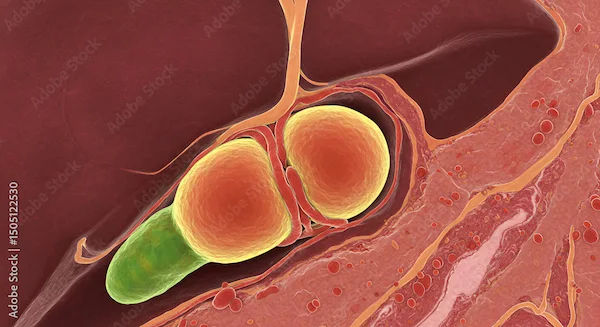- Male
- 18 Years
- 29/01/2025
I took an HIV 1 and 2 antibodies screening and an HIV 1 and 2 p24 combo test 86 days after I was exposed. The results came back negative. Can I be sure that's conclusive at this point?
Answered by 1 Apollo Doctors
A negative HIV 1&2 antibodies and p24 combo test after 86 days (approximately 3 months) of exposure is highly suggestive of non-infection, but not conclusive. Here's why:
Reasons for Caution
- Window period: HIV antibodies may take up to 3-4 months to develop.
- False negatives: Rare, but possible due to laboratory errors or test sensitivity.
- Viral load: Low viral load may not trigger antibody production.
Next Steps
- Repeat testing: Schedule another HIV test 3-6 months after initial exposure.
Dr. Ranjith Suggests...
Consult a Infectious Disease specialist
Answered 04/07/2025
0
1

More Infectious Disease Health Queries
View allCould I get rabies from a rat bite? I went ahead and got a tetanus shot, but I didn't receive an anti-rabies shot. Should I be worried about not getting the rabies vaccine?
_Your Symptoms_ 1. _Intermittent brain vibrations_: Episodes occurring sporadically, with increased frequency when trying to sleep or read. 2. _Sleep disturbances_: Difficulty sleeping for 3-4 hours after an episode. 3. _Cognitive fogginess_: Feeling mentally "jammed" the next day. _Possible Causes_ 1. _Stress and fatigue_: Intensive studying and inadequate sleep might contribute to your symptoms. 2. _Anxiety or stress-related disorders_: Conditions like anxiety, depression, or burnout could be underlying factors. 3. _Neurological conditions_: Less likely, but possible conditions include benign intracranial hypertension, migraines, or sensory seizures. _Consult a Doctor_ 1. _Primary care physician_: Start by consulting your primary care physician to rule out underlying medical conditions. 2. _Neurologist referral_: If your primary care physician suspects a neurological condition, they may refer you to a neurologist. _Interim Self-Care_ 1. _Prioritize sleep_: Establish a consistent sleep schedule and aim for 7-8 hours of sleep. 2. _Manage stress_: Engage in stress-reducing activities, such as meditation, yoga, or deep breathing exercises. 3. _Stay hydrated_: Drink plenty of water throughout the day.
Answered by 1 Apollo Doctors
Gosh, Im feeling a bit anxious and really need some clarity. I did an HIV test using Elisa two years after potentially being exposed, and the result was 0.32. Earlier, I also had a rapid antigen test which was non-reactive. Do these results mean Im in the clear, or should I be worried?
negative
Answered by 1 Apollo Doctors
I'm kind of worried and need some guidance. Its been 53 days since I might have been exposed to HIV. I used an automated Western blot system for testing and the result came back negative. Does this mean I'm definitely in the clear, or should I be concerned? What does "negative conclusion" mean in this context? I really need to understand what my next steps should be.
Yes you are negative for HIV if you are concerned get your self after 6 months if that turns out to be negative you are free from the disease
Answered by 1 Apollo Doctors
Disclaimer: Answers on Apollo 247 are not intended to replace your doctor advice. Always seek help of a professional doctor in case of an medical emergency or ailment.





